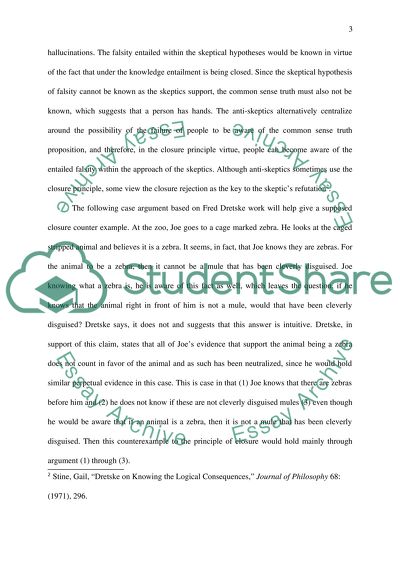Cite this document
(“Is Knowledge Closed Under Known Entailment Essay”, n.d.)
Is Knowledge Closed Under Known Entailment Essay. Retrieved from https://studentshare.org/philosophy/1636834-is-knowledge-closed-under-known-entailment
Is Knowledge Closed Under Known Entailment Essay. Retrieved from https://studentshare.org/philosophy/1636834-is-knowledge-closed-under-known-entailment
(Is Knowledge Closed Under Known Entailment Essay)
Is Knowledge Closed Under Known Entailment Essay. https://studentshare.org/philosophy/1636834-is-knowledge-closed-under-known-entailment.
Is Knowledge Closed Under Known Entailment Essay. https://studentshare.org/philosophy/1636834-is-knowledge-closed-under-known-entailment.
“Is Knowledge Closed Under Known Entailment Essay”, n.d. https://studentshare.org/philosophy/1636834-is-knowledge-closed-under-known-entailment.


